Heart Health
Breadcrumb
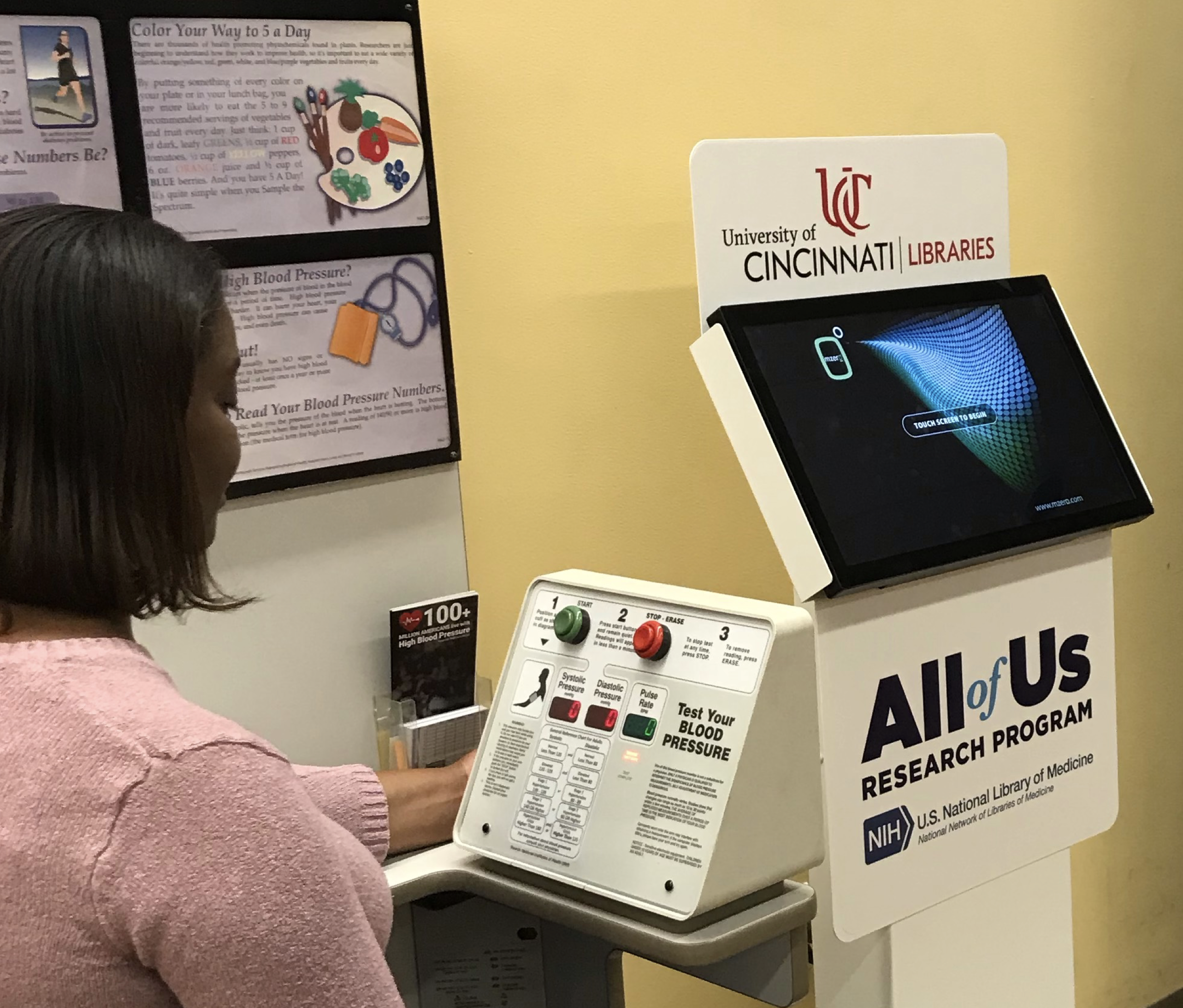 Discover Heart Health
Discover Heart Health
Heart disease and stroke are the first and fourth leading causes of death in the United States. Together, these diseases cause one in three deaths of both men and women. Cardiovascular diseases also affect many people in midlife as well as in old age.
Understanding risk factors for heart disease and adopting healthy lifestyles to prevent heart disease are part of practicing self-care. That's why we celebrate American Heart Month in February.
You can help raise awareness with these "ready-to-use" tool kits from:
- CDC Division for Heart Disease and Stroke Prevention
- American Heart Association
- American Stroke Association
- Cholesterol Communications Kit
- National Heart, Lung, and Blood Social Media Resources
But it's important to live well now, so don't wait for a special month!
Discover an NNLM Reading Club book and get the conversation started.
 Discover MedlinePlus
Discover MedlinePlus
MedlinePlus is a service of the National Library of Medicine, the largest biomedical library in the world. Use Medlineplus.gov anywhere, anytime, on any device - for free - to discover high-quality health and wellness information that is reliable, easy to understand, and free of advertising, in both English and Spanish.
Discover information on:
Also discover MyHeathfinder.gov to learn how to Keep Your Heart Healthy.
Discover NIH
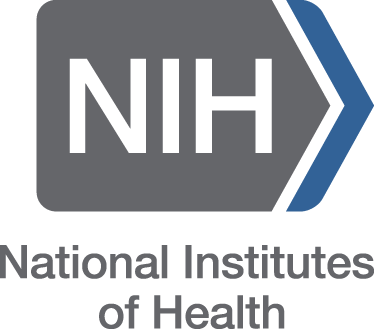 The National Institutes of Health (NIH), a part of the U.S. Department of Health and Human Services, is the nation’s medical research agency — making important discoveries that improve health and save lives. NIH is made up of 27 Institutes and Centers, each with a specific research agenda, often focusing on particular diseases or body systems.
The National Institutes of Health (NIH), a part of the U.S. Department of Health and Human Services, is the nation’s medical research agency — making important discoveries that improve health and save lives. NIH is made up of 27 Institutes and Centers, each with a specific research agenda, often focusing on particular diseases or body systems.
- National Heart, Lung, and Blood Institute
- National Institute of Neurological Disorders and Stroke
- National Institute on Minority Health and Health Disparities
Discover More
Studies show that in the United States African Americans are at higher risk for heart disease and strokes compared to non-Hispanic whites, and this is associated with higher rates of obesity, diabetes, hypertension, and End-Stage Renal Disease (ESRD).1
But African Americans are not the only population disproportionately affected by heart disease. Heart disease is the second leading cause of death for Latino and Hispanic communities living in the United States, and research shows that Hispanics and Latinos are at a higher risk for heart disease due to metabolic syndrome.2
- African Americans and Heart Disease, Stroke
- Heart Disease in African American Women
- Heart Disease in Hispanic Women
1 Saab KR, Kendrick J, Yracheta JM, Lanaspa MA, Pollard M, Johnson RJ. New insights on the risk for cardiovascular disease in African Americans: the role of added sugars. J Am Soc Nephrol. 2015 Feb;26(2):247-57. doi: 10.1681/ASN.2014040393. Epub 2014 Aug 4. PMID: 25090991; PMCID: PMC4310665
2 Balfour PC Jr, Ruiz JM, Talavera GA, Allison MA, Rodriguez CJ. Cardiovascular Disease in Hispanics/Latinos in the United States. J Lat Psychol. 2016 May;4(2):98-113. doi: 10.1037/lat0000056. PMID: 27429866; PMCID: PMC4943843
An Ounce of Prevention
As frightening as the statistics are, persons can improve their odds of preventing and beating heart diseases by knowing their risks and taking steps to address them. What can you do to prevent or slow down heart disease?
 Learn the Facts
Learn the Facts
Fact or Fiction?: "Heart disease is for men, and cancer is the real threat for women."
Only 1 in 5 American women believe that heart disease is her greatest health threat. The real fact? Relying on these Common Myths About Heart Disease can cost you your life. Learn the causes of heart disease and what can be done to prevent it.
Action Item: Take a Heart Disease Quiz
Fact Sheet: Heart Disease and Women (Download English PDF or Español PDF)
Fact Sheet: What are Heart Disease and Stroke? (Download English PDF or Español PDF)
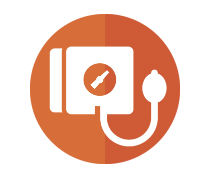 Track Your Blood Pressure
Track Your Blood Pressure
Hypertension is a common disease that develops when blood flows through your arteries at higher-than-normal pressures. You usually don’t have symptoms from high blood pressure until it has caused serious health problems. That is why it is important to have your blood pressure checked regularly.
Action Item: Watch the video How to Use Your Home Blood Pressure Monitor. Then record your blood pressure numbers using Healthy Blood Pressure for Healthy Hearts: Tracking Your Numbers (PDF), and be sure to tell your health provider if you have any known health factors that increase your risk.
Fact Sheet: What is High Blood Pressure? (Download English PDF or Español PDF)
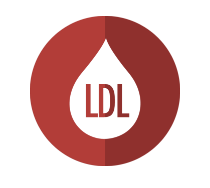 Test Your Cholesterol
Test Your Cholesterol
Cholesterol is a waxy, fat-like substance that's found in all the cells in your body. If you have too much cholesterol in your blood, it can combine with other substances in the blood to form plaque. This buildup of plaque in the arteries can lead to coronary heart disease
Action Item: Discuss your cholesterol with your health provider. A blood test called a lipoprotein panel can measure your cholesterol levels. A high level of low-density lipoprotein (LDL), or "bad" cholesterol, may mean you are at risk for heart disease.
Fact Sheet: How Can I Improve My Cholesterol? (Download English PDF or Español PDF)
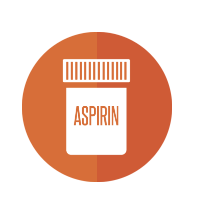 Take Medicines as Directed
Take Medicines as Directed
Your health care provider may prescribe one or more drugs to bring your blood pressure down to normal. Always take the prescription as described, and tell your health care provider if you have side effects. Your health care provider can work with you to find the medication or dose that works best for you.
Action Item: Watch the video Tips for Taking Blood Pressure Medicines as Directed
Fact Sheet: What is High Blood Pressure Medicine? (Download English PDF or Español PDF)
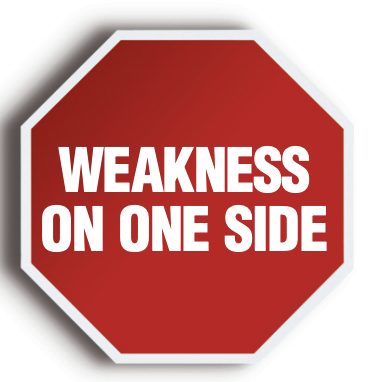 Know the Signs
Know the Signs
During a stroke, every minute counts! By knowing the signs and symptoms of stroke, you can take quick action and perhaps save a life—maybe even your own. If someone shows signs of a stroke, call 9-1-1 right away because fast treatment can lessen the brain damage that stroke can cause.
Action Item: Watch the video Recognize the Signs and Symptoms of a Stroke
Fact Sheet: What are the Warning Signs of Stroke? (Download English PDF or Español PDF)
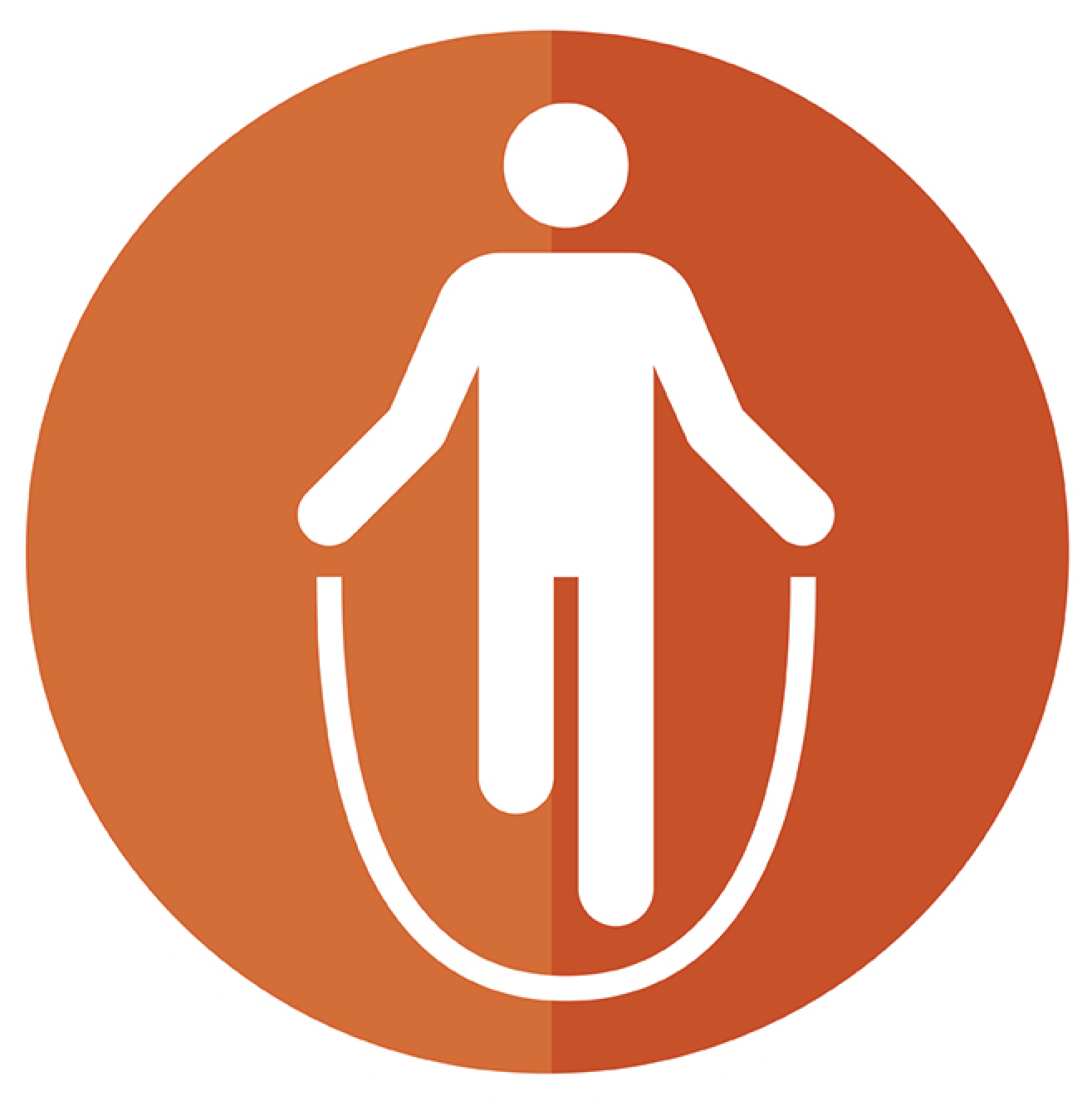 Keep Active
Keep Active
Regular physical activity helps improve overall health and reduces the risk for heart disease, stroke, and premature death. Despite the substantial health benefits of physical activity, one out of every four U.S. adults report being inactive during their leisure time, and only about half of U.S. adults report levels of aerobic physical activity consistent with national guidelines.
Action Item: Register for Walk With A Doc Grand Canyon Adventure. It's virtual and free!
Fact Sheet: How Can Physical Activity Become a Way of Life? (Download English PDF or Español PDF)
 Eat Healthy
Eat Healthy
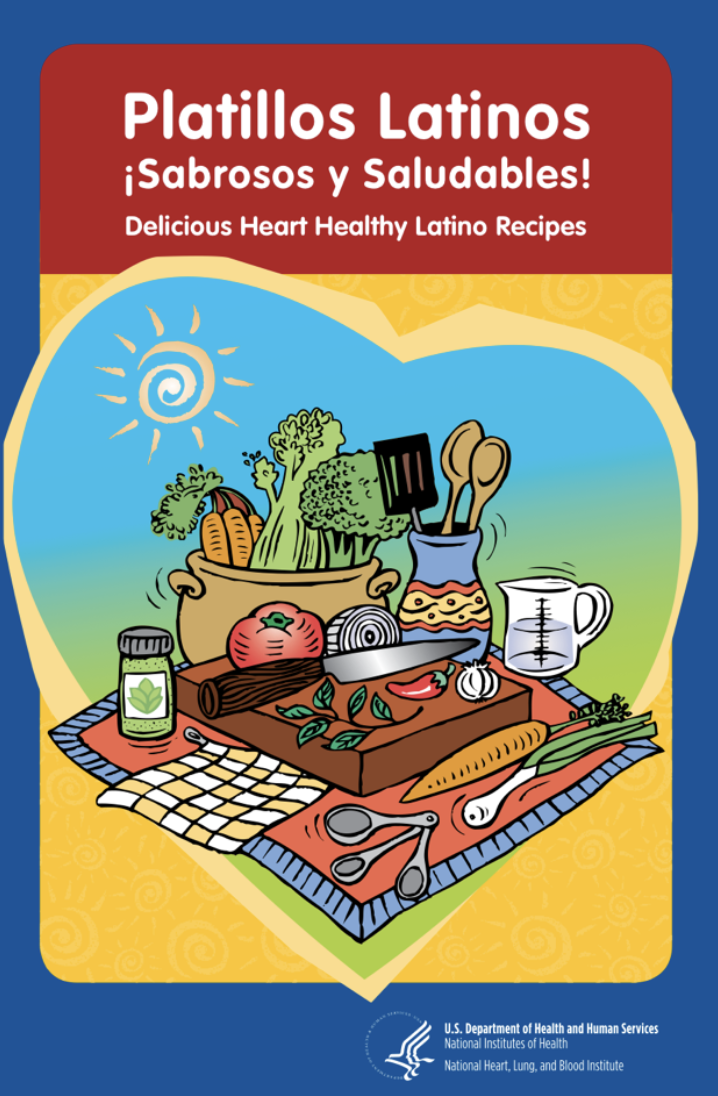
A healthy diet that is low in sodium and saturated fat is key to heart disease prevention. Try the highly rated Dietary Approaches to Stop Hypertension (DASH) eating plan, which recommends:
- Eating vegetables, fruits, and whole grains
- Eating fish, poultry, beans, nuts, vegetable oils, and fat-free or low-fat dairy products
- Limiting foods that are high in saturated fat and sodium
- Limiting sugar-sweetened beverages and sweets
Action Item: Cook, grill, or bake a new recipe that is tasty and good for you. Download or order Delicious Heart Healthy Latino Recipes/Platillos latinos ¡sabrosos y saludables!
Fact Sheet: How Do I Follow a Healthy Diet? (Download English PDF or Español PDF)
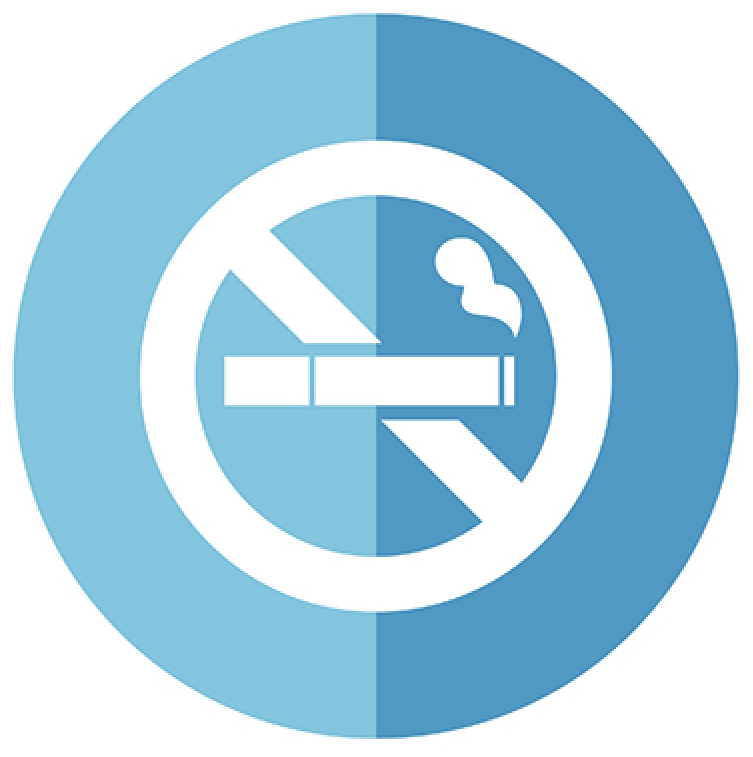 Stop Smoking
Stop Smoking
If you don’t smoke, don’t start. Smoking can damage and thicken blood vessels, which causes high blood pressure and can lead to blood clots and strokes. Research finds that African Americans who smoke have more than double the risk of stroke, compared with African Americans who have never smoked.
Action Item: If you or someone you know smokes, get the tools and tips you need to quit.
Fact Sheet: How Can I Quit Smoking? (Download English PDF or Español PDF)
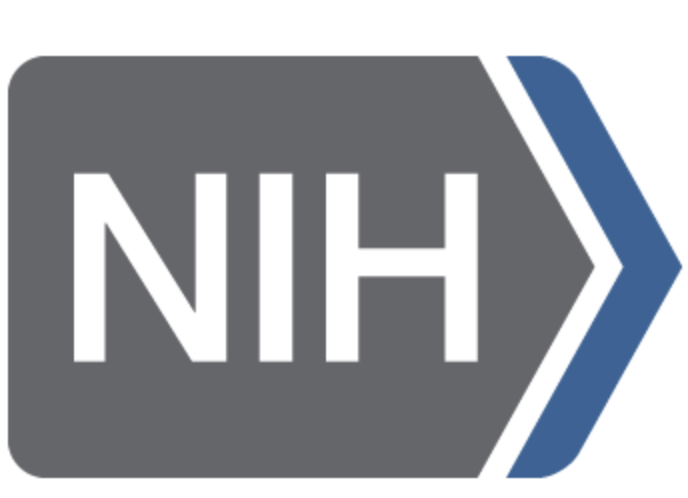 Participate in Research
Participate in Research
Scientists want to know why some people stay healthy and others get sick. Participants who enroll in studies help researchers find new preventions, treatments, and cures.
Action Item: The mission of the All of Us Research Program is to accelerate health research and medical breakthroughs, enabling individualized prevention, treatment, and care for all of us. Visit JoinAllofUs.org to learn how you can volunteer to be one of one million persons living in the United States coming together to lead the future of health care.
Fact Sheet: Join All of Us (Download English PDF or Español PDF)
Featured Books

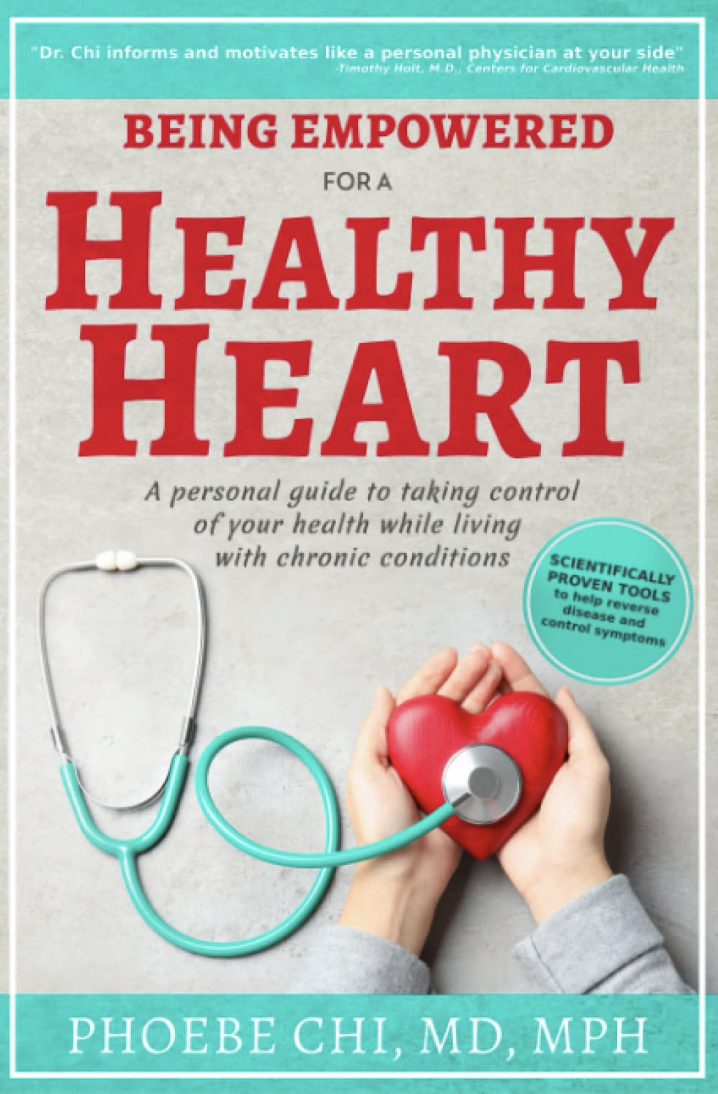

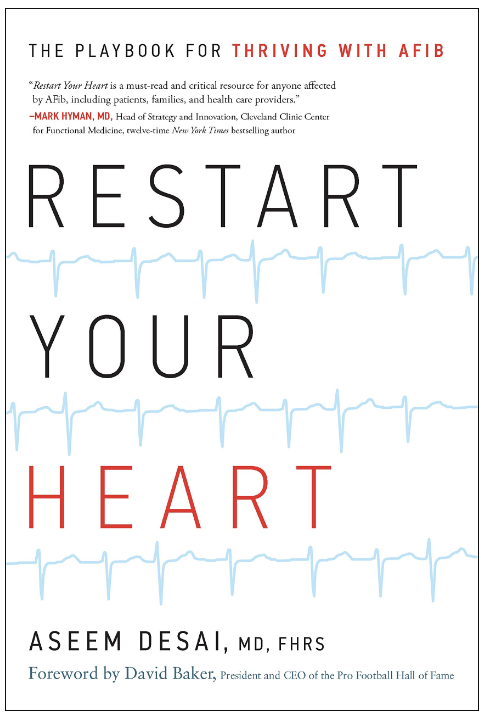
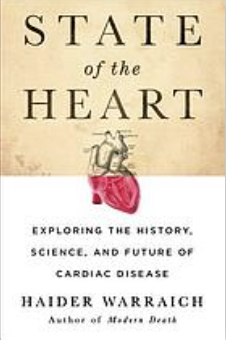

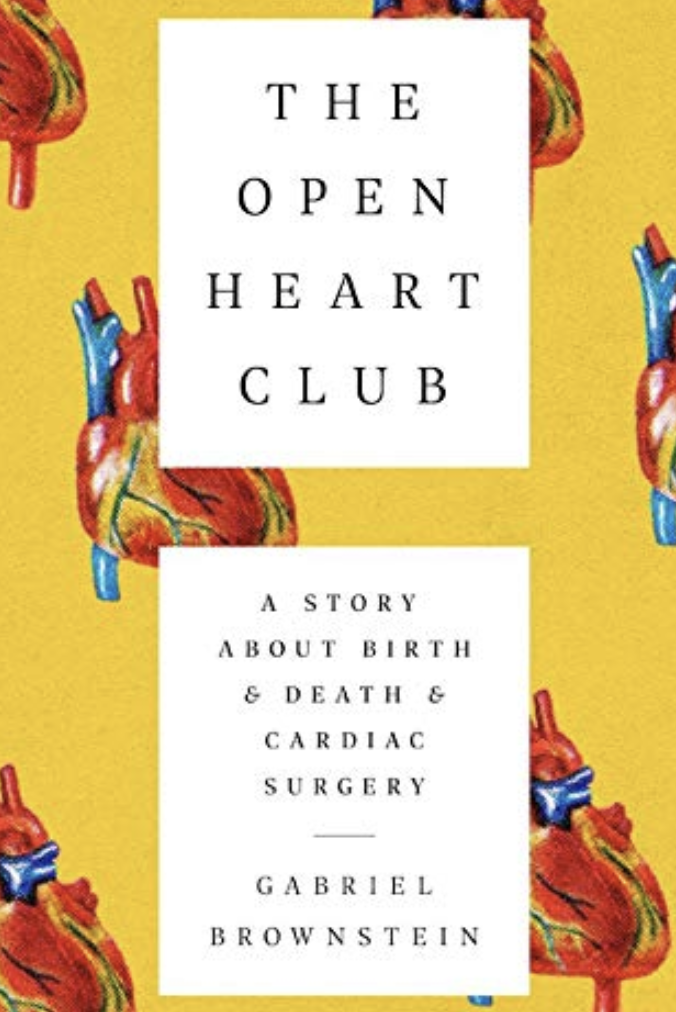

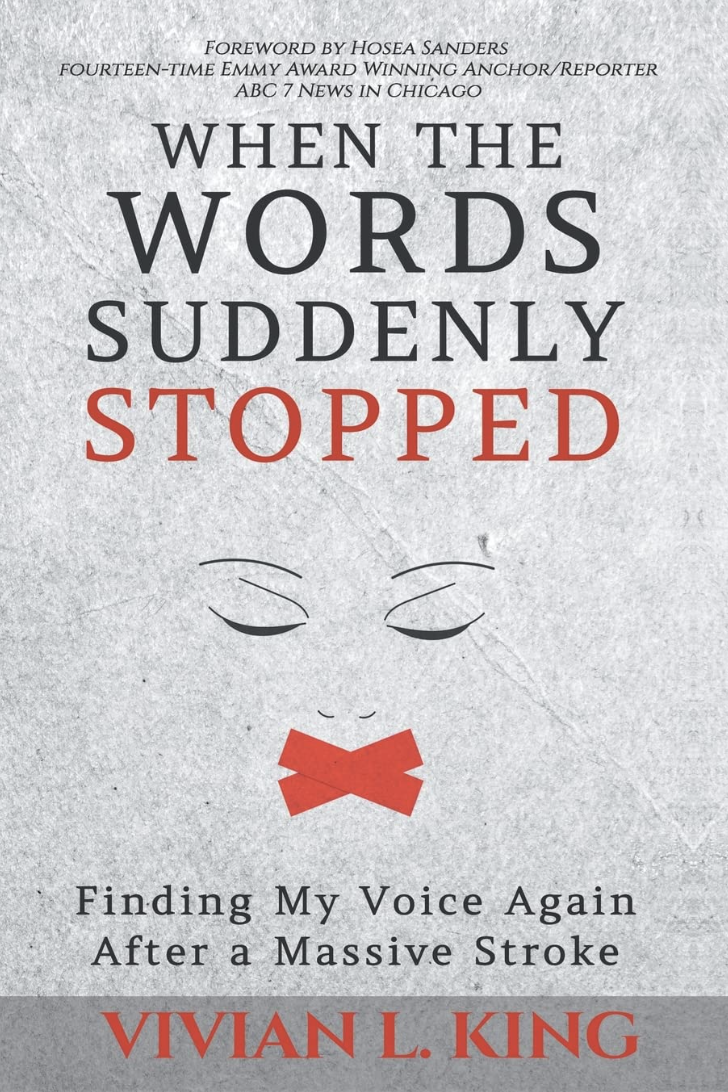
Terms of use: Network of the National Library of Medicine (NNLM) staff offer these health discussion resources for educational use. The materials included do not necessarily reflect the views or opinions of the author, publisher, or the sponsoring agencies of the National Library of Medicine (NLM) and the National Institutes of Health (NIH).

